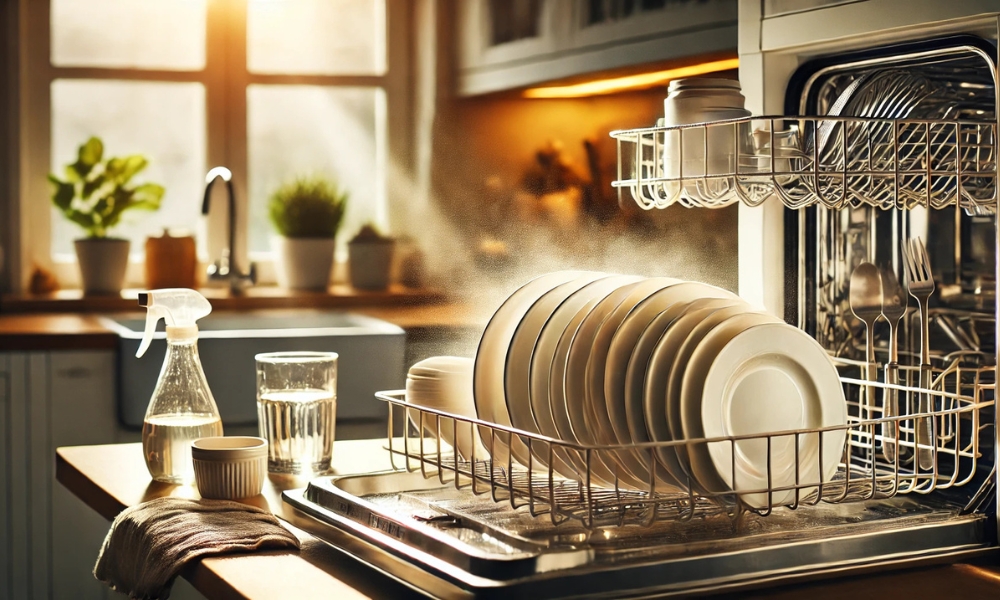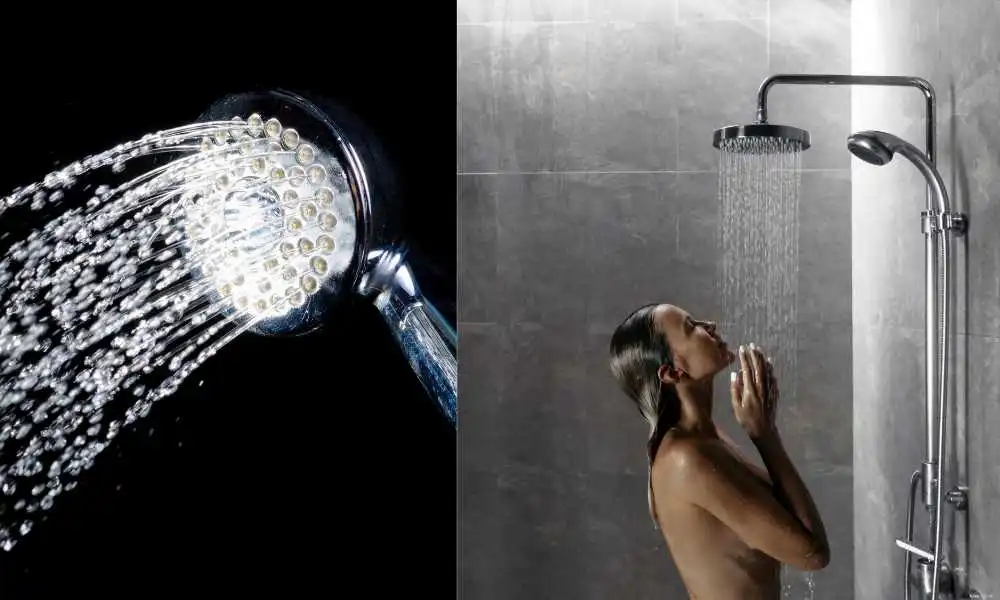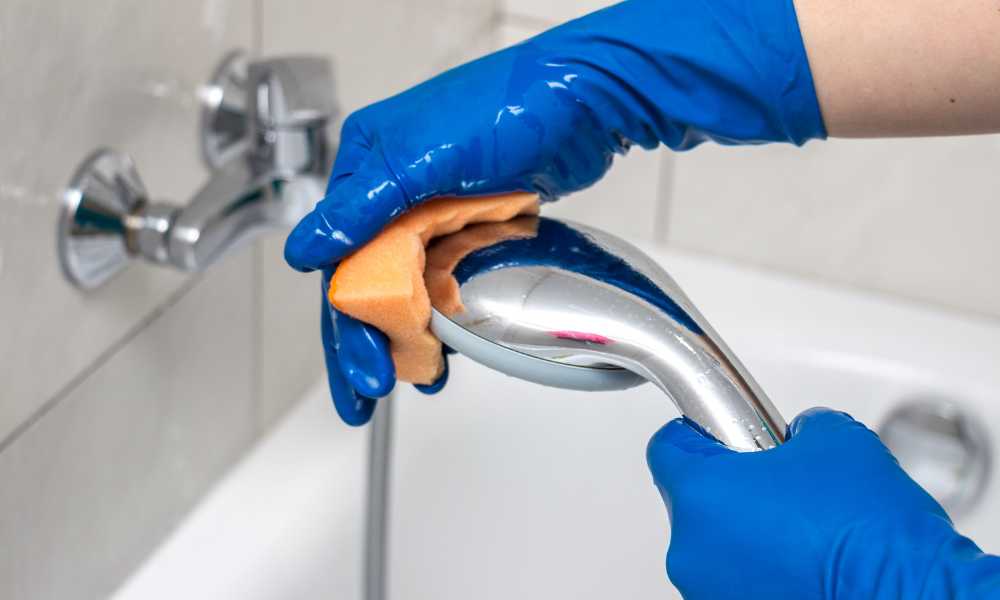Why is there a faint, bitter taste that seems to linger on your dishes, reminiscent of soap? A delicate evening meal quickly morphs into an unpleasant experience when each bite carries that unwelcome taste. This issue, perplexing and strangely common, disrupts an otherwise savory meal, leaving one to wonder—why? Soap-tasting dishes result from various factors: perhaps an abundance of detergent, a dishwasher with lingering residue, or simply a rinse cycle that didn’t quite do its job. Let’s delve into why this happens, unravel the mysteries of detergent remnants, and uncover effective ways to keep your dishes tasting clean and fresh.
How To Wash Dishes Without Dish Soap
Washing dishes without dish soap may seem challenging, but it’s entirely doable with a few natural alternatives that are likely already in your kitchen. A combination of baking soda and warm water works wonders for scrubbing away grime and lifting grease, while white vinegar acts as a natural disinfectant and deodorizer, leaving your dishes fresh and clean. For tougher spots, sprinkle a little salt for extra scrubbing power, and use lemon juice for its natural grease-cutting abilities and refreshing scent. With these simple, eco-friendly ingredients, your dishes will be sparkling clean—no cleaner needed!
Understanding The Problem: The Enigma Of Soapy Dishes
Soap residue isn’t just a mystery but a tangible issue that affects the surface of your dishware. Residual detergent particles cling to dishes after washing, becoming a subtle but unmistakable flavor, even after a rinse.
Telltale Signs Of Soapy-Tasting Dishes
Beyond taste, cleaner residue often leaves a film—a slick, slightly slimy layer on dishes or an unusual scent when you bring a glass to your lips. These are more than annoying—they’re markers that something is amiss in the cleaning process.
Decoding The Causes Of Soap Residue On Dishes
What causes dishes to taste like soap? It’s rarely just one factor; instead, several conditions contribute to lingering cleaner. From detergent types to water temperature, each detail plays a role in the final result.
Soap Residue In Your Dishwasher: The Usual Suspect
Dishwashers work best when loaded carefully and used with measured detergent. Excess detergent, or a machine with a tendency to skip proper rinsing, can lead to detergent build-up, affecting subsequent washes.
Detergent Quality: How The Soap Itself Contributes To Flavor
Not all dish soaps are equal. Certain types cling more easily to dishes, especially if your water isn’t suited for them. Inexpensive or incompatible detergents can increase the likelihood of unwanted tastes on your clean dishes.
Over-Soaping: When Less Really Is More
Using too much detergent, even with the best intentions, can have an unintended effect. A little extra cleaner often overwhelms your dishwasher’s ability to rinse thoroughly, leaving some behind and altering the taste of what should be a spotless plate.
Hard Water And Soap Film: The Quiet Collaborators
Hard water complicates rinsing, as minerals in the water interact with cleaner, preventing it from dissolving effectively. The result? A stubborn film that no amount of quick rinsing seems able to remove.
The Art Of Rinsing: Why Every Drop Counts
Rinsing is essential; it’s the final defense against lingering soap. Whether hand-washing or using a machine, a comprehensive rinse cycle clears residual cleaner, ensuring it doesn’t become part of your next meal.
Dishwasher Loading Techniques: A Surprising Influence On Cleanliness
The way dishes are loaded can either optimize or obstruct water flow. If dishes block water jets or are stacked closely, cleaner may not rinse away completely, leaving residue on surfaces.
Quality Matters: When Low-Cost Detergents Affect Taste
Inexpensive detergents often lack essential ingredients for proper rinsing. Some contain fillers that, rather than dissolving, cling to dishes and leave a faint flavor. A well-chosen detergent can help avoid this entirely.
Old Or Unreliable Dishwashers: A Hidden Cause
An outdated or inefficient dishwasher may struggle to complete a thorough rinse. If your dishwasher has shown signs of age, it might be behind your soapy-tasting dishes, failing to fully clear detergent from loads.
Molecular Science Of Soap Residue: Why It Sticks
Soap residues are no mere accident; they bond at the molecular level. Surfactants in dish soap adhere to surfaces, making cleaner residue stubborn and challenging to remove if not rinsed away with precision.
Water Temperature: Finding The Ideal Heat To Dissolve Soap
Water temperature is crucial—too cold, and cleaner fails to dissolve; too hot, and it evaporates too quickly, leaving traces. The perfect wash temperature enables soap to rinse away rather than linger.
Food Residue Meets Soap: How They Merge To Change Taste
When food residues are left on dishes, they may combine with soap, making it stick even more tenaciously. Pre-rinsing your dishes helps reduce these interactions, giving cleaner fewer chances to cling and alter taste.
Rinse Aids: Helpers Or Hidden Culprits?
Intended to help water slide off dishes, rinse aids can sometimes add their own film, masking but not resolving residue issues. This added layer could interact with soap particles, complicating the wash.
Hand-Washing Habits: When Techniques Cause Soapiness
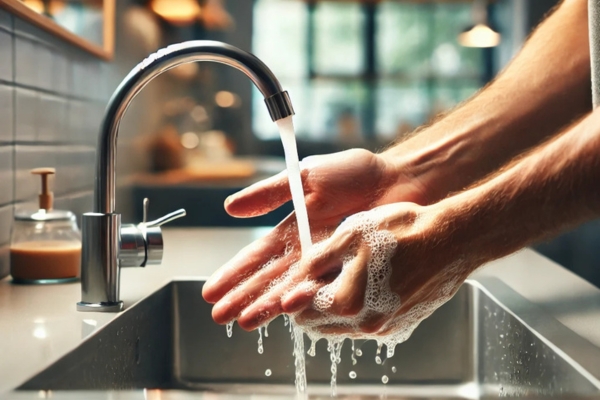
Improper hand-washing can leave cleaner behind. Skipping a thorough rinse or using excessive soap can lead to residue. Simple habits like a final warm rinse can make a difference in taste and cleanliness.
DIY Solutions To Eliminate Soap Residue
DIY remedies, like a splash of vinegar in the rinse cycle, can work wonders. Vinegar’s acidity helps dissolve soap residue, making it an excellent, natural way to neutralize any lingering detergent flavors.
Choosing The Right Detergent: Tailoring To Your Needs
Selecting the right detergent based on water type and compatibility with your dishwasher is vital. Rinsable and residue-free options, like gel or eco-friendly formulas, can dramatically reduce the chances of cleaner taste.
Pro Tips For Avoiding Soap Residue On Dishes
To keep your dishes tasting fresh, practice thorough rinsing, avoid over-soaping, and choose quality detergent. These simple steps create a major improvement in your dishwashing routine, ensuring clean and cleaner-free results.
Does Vinegar Really Work? Natural Cleaners As A Solution
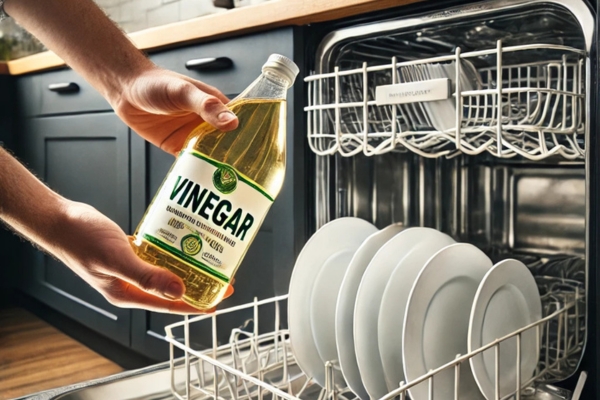
Vinegar’s ability to dissolve soap makes it a great option to add during a rinse. Its mild acidity strips away cleaner particles, leaving dishes refreshed and free from any soapy aftertaste.
Dishwasher Maintenance: Keeping The Machine At Peak Performance
Regular maintenance, like cleaning filters and spray arms, keeps your dishwasher effective. A well-maintained dishwasher ensures cleaner rinses away entirely, supporting a fresh taste with each load.
Is It Really Soap Or Something Else? Identifying The Culprit
When soapy flavors persist, consider other causes. Stale water, appliance build-up, or even contaminated water lines could contribute to unusual tastes, separate from cleaner residue.
Using A Dishwasher Cleaner: When It’s Time To Refresh Your Appliance
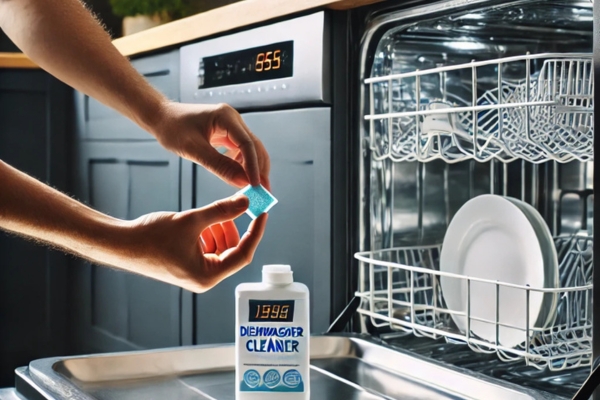
Dishwasher cleaners help remove detergent build-up, ensuring your machine rinses efficiently. A monthly cleaning keeps the interior fresh, preventing residual cleaner from clinging to your next load of dishes.
Common Mistakes In Dishwashing: Avoiding Soap-Related Issues
From using excessive soap to improper loading, common mistakes in dishwashing can lead to residue. Ensuring optimal water temperature, proper cleaner amounts, and correct loading prevent lingering detergent.
When Soreness Persists: Next Steps To A Solution
When soapy tastes linger despite your best efforts, try re-washing dishes with a vinegar rinse, inspect your dishwasher, or explore alternative detergents. Persistent soreness may need deeper appliance cleaning.
The Final Word On Soap-Free Dishes: A Fresh, Clean Finish
With some attention and fine-tuning, soapy-tasting dishes can be a thing of the past. Choosing quality detergent, minding your rinse cycles, and keeping your dishwasher clean ensures each bite is fresh, free of cleaner, and enjoyable. Following these steps lets you focus on the pleasure of every meal, without a hint of unwanted flavor.
Conclusion
In the end, keeping your dishes free from any hint of soap is about finding the right balance in your washing routine. By choosing quality detergent, being mindful of cleaner quantities, ensuring thorough rinsing, and maintaining your dishwasher, you’ll prevent that unwanted soapy taste from disrupting your meals. A little attention to detail makes all the difference, allowing you to enjoy each dish without distraction and ensuring every bite tastes just as it should—fresh and free from residue.
